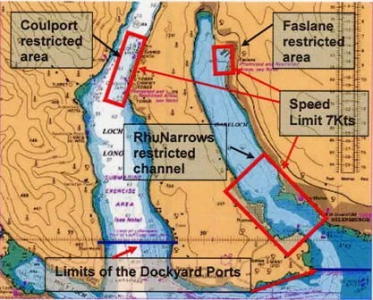Aja
Well-Known Member
Do those boat clubs have some vested interest in helping Peel Ports (e.g. do they rent their land from Peel Ports?). The sentiment from Clyde clubs and marinas seems to be one of unhappiness so I doubt anyone is going to offer to help them. Potentially without Peel Ports "cooperation" staging large races in the Clyde might be difficult, but perhaps a fee for races would have been more acceptable.
Racing on the Clyde is all but moribund, although dinghy racing and sailing of boats under 8m might suddenly become popular!

